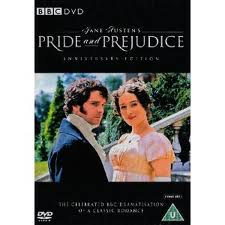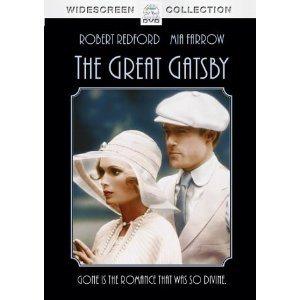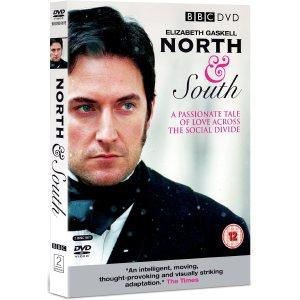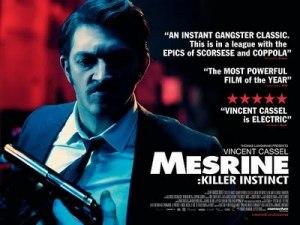 This post is a bit of fun. Do not even think about taking it seriously.
This post is a bit of fun. Do not even think about taking it seriously.
When I first had the idea of writing about sexy fictional heroes, I was concerned that it might appear frivolous. So I took one of my regular soundings on Twitter and got a response that was, well, enthusiastic to say the least (in fact it was described by one person as ‘necessary’.) Then I asked for nominations and things began to get interesting.
But why was I thinking about this in the first place? Well, last week I was taking stock of the second manuscript which I started in April and found I’d written almost 25,000 words. This came as a nice surprise as it’s been a very frustrating year for me as a writer (albeit a great one as a blogger!) The idea grew from something I witnessed in the south of France several years ago; I can’t remember exactly when, and it was over in about 30 seconds. It’s an image that hasn’t left my mind, and I’m excited that it seems well on the way to becoming a novel.
One of the two main characters is a man (I’ll call him B) and writing him has already led me into some fascinating new territory and to consider aspects of maleness I’d never thought about before even though in my own life I am surrounded by men/boys. I’ve long been interested in authors who write across gender (my perception is that women writing men is more common, and dare I say, often more successful than the opposite) and the fact that many of them say that the real challenge lay not in writing as the opposite sex, but in some other aspect of the character. So far, I agree with this.

I envy film directors because a good actor can convey so much with body language, facial expressions, gestures… if an actor raises his eyebrows on screen, chances are you immediately get whether it is suggestive, ironic, complicit, in shock, surprise, disapproval. It is much harder to achieve the same with words without appearing laboured or overwritten. If I’ve seen a film or TV adaptation of a book, I find it very hard to disassociate the character from the actor’s performance, and judging by the nominations I received for gorgeous literary heroes, I’m not alone in this.
The usual suspects fared well: Mr Darcy, Gatsby, Hamlet (David Tennant was mentioned, although I can only ever think of Ralph Fiennes who I saw 17 years ago at the Hackney Empire), Heathcliff. Thomas Hardy did well too with Gabriel Oak and Sergeant Troy (Terence Stamp). Perhaps the most original nomination was Moby Dick’s Captain Ahab as played by Gregory Peck.
Strangely, Christian Grey failed to get a single mention…

I actually found it really difficult to come up with hot literary characters not linked to films. Attilius from Robert Harris’s Pompeii; Deranged musician Eden Bellwether from The Bellwether Revivals by Benjamin Wood; Mike Schwartz from Chad Harbach’s The Art of Fielding. Completely inexplicably (as is often the way), I liked Hawthorn of Keith Ridgway’s cult detective novel Hawthorn & Child, who is gay.
So who are your hot heroes/heroines of the page and screen? In a novel, do you want to be told what they look like or would you rather imagine? I enjoy writing dialog above all and I’m always being told to give more visuals, yet I approach this with caution because to me ‘shopping-list’ style physical descriptions of characters scream bad writing. Are you attracted to the same kind of people in fiction as in real life? (I’m happy to say that only the handsome bit is true of my husband!)

Thanks to Janet O’Kane, Helen MacKinven, Denise Meredith, Fiona Melrose, Miranda France, David J Burns and Susan Elliott-Wright for being good sports and a bad influence.

